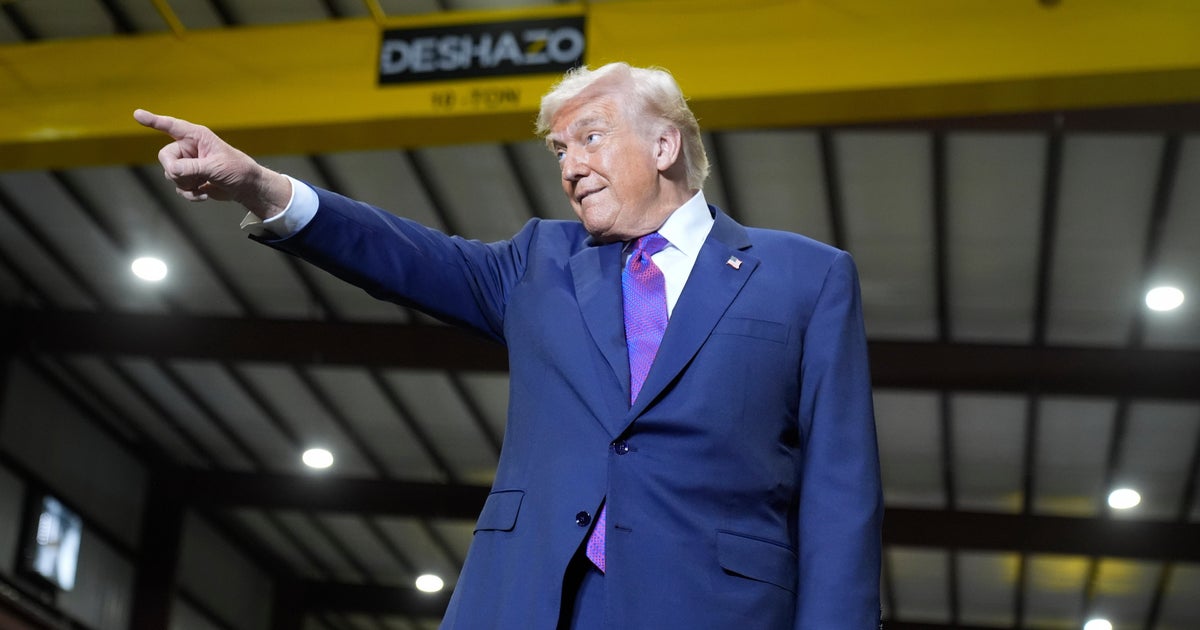Fauci calls White House efforts to undermine his credibility "bizarre"
Washington — Dr. Anthony Fauci, the nation's leading infectious diseases expert, defended himself against recent attacks on his credibility emanating from the White House, calling the efforts to discredit him "bizarre."
In interviews with The Atlantic published Wednesday, the director of the National Institute of Allergy and Infectious Diseases said claims by several White House officials that he had been frequently wrong in the early stages of the COVID-19 pandemic were "nonsense" and "incorrect."
Fauci's latest comments reflect escalating tensions between the Trump administration and government medical experts, with critics arguing that President Trump is seeking to undermine health officials. Fauci referred to a document crafted by unnamed White House officials and sent to the Washington Post and other news organizations which listed his alleged mistakes, such as telling people in late February that the virus would not significantly affect their day-to-day lives.
"I stand by everything I said. Contextually, at the time I said it, it was absolutely true," Fauci told The Atlantic. "It's nonsense. It's completely wrong. The whole thing is wrong. The whole thing is incorrect."
Fauci also said the White House officials involved with producing the list were "taken aback by what a big mistake that was."
"I think if you talk to reasonable people in the White House, they realize that was a major mistake on their part, because it doesn't do anything but reflect poorly on them. And I don't think that that was their intention," Fauci said. "I cannot figure out in my wildest dreams why they would want to do that. I think they realize now that that was not a prudent thing to do, because it's only reflecting negatively on them."
Fauci also commented on an op-ed written by White House trade adviser Peter Navarro on Wednesday which criticized Fauci's response to the virus.
"I can't explain Peter Navarro. He's in a world by himself," Fauci said. Aides tried to distance the White House from Navarro's op-ed, and Mr. Trump later told reporters Navarro shouldn't have written it.
Fauci said he told White House chief of staff Mark Meadows that the effort to discredit him "hurts the president."
"Ultimately, it hurts the president to do that. When the staff lets out something like that and the entire scientific and press community push back on it, it ultimately hurts the president," Fauci said. He added that he has not spoken to the president in some time, but is in constant contact with other members of the White House Coronavirus Task Force.
In an interview with CBS News senior investigative correspondent Catherine Herridge on Tuesday, Mr. Trump said that he believed Fauci was a "really good guy" but had made some mistakes.
"I like Dr. Fauci. To me, he's a really good guy and a nice guy, but he's made mistakes," Mr. Trump said.
The president has repeatedly downplayed the effects of the coronavirus, even as over 130,000 Americans have died of COVID-19, and dozens of states are seeing significant spikes in cases.



